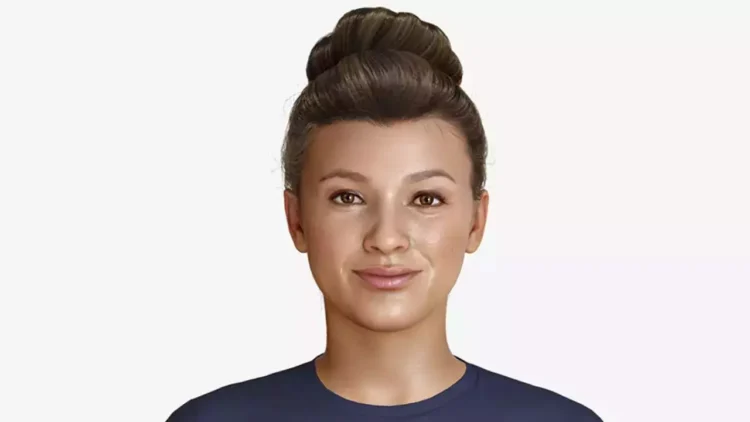Discover SARAH, The WHO’s ChatGPT-Powered Health Assistant; See More Information Here
A foray into the world of artificial intelligence (AI) has seen the World Health Organization (WHO) unveil SARAH, the Smart AI Resource Assistant for Health.

Sarah is a virtual health professional who uses an avatar that resembles a person to provide basic health information. It covers subjects like healthy diet, mental health, and tobacco use and is available around-the-clock in eight different languages. The program seeks to address the worldwide labor shortages in the healthcare industry as well as the demand for health education.
Who Is Sarah?
WHO warns that SARAH is still in its early phases and could not always provide reliable results. Due to some of SARAH’s antiquated AI training, she sometimes provides incorrect information or strange responses, which are known as “hallucinations” in the AI community. SARAH is designed to rigorously adhere to issues within the WHO’s jurisdiction and refrains from addressing particular pharmaceuticals or medical disorders beyond its domain, in contrast to diagnostic tools such as WebMD or Google. Rather, it often links people to the WHO website or suggests speaking with a healthcare professional.
George Washington University researcher and radiologist Ramin Javan recognizes the shortcomings of SARAH, pointing out its shallowness. But he views this as a measured strategy to prevent going too far in SARAH’s early stages of development.
WHO highlights that by offering accurate public health information and encouraging healthy lifestyle choices, SARAH is meant to supplement already available healthcare services. Reiterating that SARAH is a work in progress, the agency requests suggestions for enhancing SARAH’s functioning and investigating its possible uses in emergency health circumstances.
SARAH Utilizes ChatGPT
Because SARAH’s underlying AI model, ChatGPT 3.5, was trained with data up to September 2021, it may not be up to date with the most recent news stories or medical advice. Sarah, for example, could not fully reflect current events like medicine approvals. Even having access to WHO data, Sarah could find it difficult to provide current information without requesting that users visit the organization’s website to see new statistics.
Sometimes, Sarah may not even get a response. Sarah could provide a blank response when asked a particular inquiry, such as where to obtain a mammogram in Washington, DC. According to a research by Vanderbilt University Medical Center, which discovered instances of inaccurate replies from comparable AI models, this is not unusual in the early phases of AI development.
What Is the Work of Sarah?
In order to preserve anonymity, SARAH records user interactions by accessing their facial expressions for thirty seconds at a time using computer cameras. To improve SARAH’s functionality, users may submit their questions via a survey; the information gathered is anonymized to safeguard users’ privacy. The use of open-source data, such as ChatGPT, does, however, have certain security concerns, such as the possibility of privacy violations or cyberattacks. WHO guarantees users that these hazards are reduced by Sarah’s anonymous sessions.
Through the use of GPT data, the WHO and Soul Machines Ltd., the company that created SARAH’s avatars, want to improve SARAH’s performance. The creation of AI models connected to health must take user safety and openness of data into account, as highlighted in the WHO’s ethical guidelines that are distributed to government partners.
Although Sarah’s present look is white, WHO says it is willing to change it according on user preferences. Sarah prioritizes help with health-related inquiries above personal identification, highlighting its function as a digital health advocate with its gender-neutral answer.







